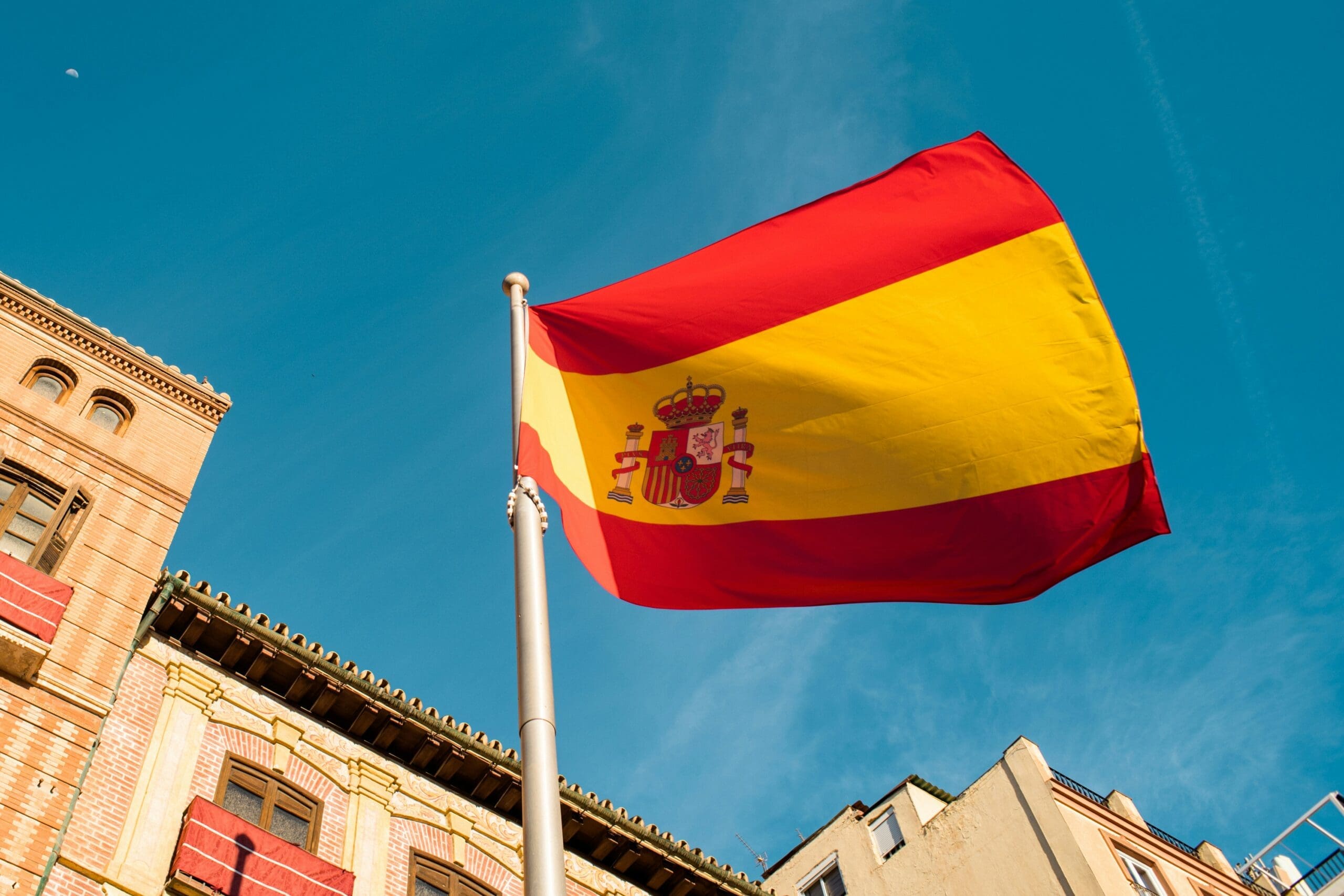While some companies cut back on their sustainability plans in the wake of the Omnibus announcement in March, Spain is showing why doing so could be a huge mistake.
With the approval of Royal Decree 214/2025 last week, Spain has taken a bold step in strengthening its climate disclosure rules. Under this new legislation, Spanish companies will be required to report their greenhouse gas (GHG) emissions, starting with Scope 1 and Scope 2 from 2026 based on 2025 data, and extending to Scope 3 by 2028 for larger firms. Roughly 4,000 organisations across three primary categories will be impacted by this decree.
Witnessing a large country like Spain advancing its own stricter climate reporting requirements, despite political pushback on EU-wide frameworks like the CSRD, will be welcome news for anybody who genuinely values sustainability. As for us, this demonstrates that stricter climate regulations seem unavoidable, even if EU-wide frameworks face delays or pushback.
But back to this Royal Decree specifically, what companies does it affect, what does this mean for those companies, and how can they respond?

Which companies does decree 214/2025 affect?
The new law becomes effective immediately, and applies to large private companies, public entities, and event organisers, with smaller companies strongly encouraged to follow suit:
- Large private companies: Companies in Spain must report carbon emissions if, for two years in a row, they have more than 250 employees, €20 million in assets, or €40 million in annual revenue. This ensures most medium and large companies are covered.
- Public entities: All public sector organisations in Spain must comply.
- Event organizers: Any gathering with over 1,500 participants must track and report emissions.

What this means for companies in Spain
With a strict new mandate like this, of course, expectations will be raised for companies in Spain, with both compliance risks and potential rewards introduced:
New responsibilities
- Scope 1 and 2 reporting: Starting immediately, companies must measure and disclose their direct and energy-related emissions, with the first reports due in 2026, based on 2025 emissions data.
- Scope 3 for large companies: From 2028, major organisations will also need to include supply chain and other indirect emissions in their disclosures.
- Five-year reduction strategies: Beginning in 2026, every company subject to the rules must prepare and submit greenhouse gas reduction plans, spanning at least the next five years.
- Public transparency: Results must be made publicly available, either through Spain’s national carbon registry or by publishing online.
New consequences
Failure to meet the requirements could bar companies from bidding on public tenders, closing off a critical revenue stream in Spain’s large public procurement market.
New opportunities
On the other hand, companies that promptly embrace these changes can strengthen their reputation, gain smoother access to public contracts, and boost investor confidence. Early compliance could also position them to meet future market and regulatory expectations more easily.

How companies can respond — and gain a competitive advantage
Plan A, an award-winning SaaS platform that specializes in corporate carbon accounting, decarbonisation, and CSRD reporting, has created a fantastic in-depth article about these new carbon reporting requirements for Spanish businesses.
In it, they make some very sound recommendations for how your company can respond (more details in their article):
- Immediate preparatory steps: Conduct a preliminary carbon footprint assessment to identify emission hotspots, data gaps, and priorities. Form a cross-functional team across sustainability, finance, operations, procurement, and IT with clear responsibilities.
- Data infrastructure development: Improve collection of Scope 1 and 2 emissions data, including energy use and travel. Start engaging key suppliers early for Scope 3 data, focusing on the largest contributors first.
- Building reduction plans and targets: Identify emission reduction opportunities, and set interim milestones to track progress and allow course corrections. Consider financial implications, operational savings, and supply chain engagement for Scope 3 reductions. Align targets with science-based methodologies to ensure they are ambitious but realistic, supporting meaningful decarbonisation while remaining achievable for your business.
- Leveraging technology for compliance: Use modern carbon accounting platforms to automate data collection, ensure accurate calculations, track reductions, and prepare reports that meet Spanish regulatory requirements. One such platform is Plan A itself, which offers particular advantages for Spanish compliance, including Spain-specific emission factors, AI-powered insights highlighting reduction opportunities and financial implications, and supplier engagement tools facilitating scope 3 data collection.
In combination with Plan A’s recommendations, we would also encourage Spanish companies to:
- Integrate reporting into your business strategy: Avoid treating carbon reporting as just a compliance exercise. Use the data to uncover efficiencies, reduce costs, and drive innovation across your organisation.
- Communicate progress effectively: Share your achievements with investors, customers, and employees to build trust and stand out in a competitive market.
To make sure your efforts here translate into real-world impact, Dazzle’s expert sustainability strategy and communications freelancers can help you integrate carbon reporting into your broader business strategy effectively, while translating emissions data and reduction plans into clear, actionable messages that resonate with your key stakeholders.
Contact us today, and you can pair this expertise with Plan A’s software. A combination that really provides a complete — software with a human touch — solution for measuring, managing, integrating, and communicating your carbon footprint. Helping your company meet regulatory requirements while leveraging sustainability as a strategic advantage.
And that’s the key point here. For companies both in Spain and outside, even though legislation like the CSRD has been delayed at the EU level, Spain’s actions suggest that similar legislation could be on the way elsewhere. So those who approach carbon reporting and other sustainability initiatives proactively will not only set themselves up to comply with upcoming regulations, they will also gain a head start on competitors, and turn early action into a lasting strategic advantage.

Regulatory delays should never dictate your sustainability plans
Recent developments at the EU level, such as delays or rollbacks of the CSRD or EUDR, may have led some companies to question whether they need to push ahead with their sustainability initiatives. Spain’s latest move makes it clear that slowing down would be a mistake.
In Spain’s case, the new legislation follows devastating wildfires that burned over 300,000 hectares, imploring the government to take immediate and stronger climate action. With extreme weather and climate disasters on the rise globally, it seems likely that other countries will follow Spain’s lead.
If that does happen, the softening of EU directives would become irrelevant, as national-level regulations would fill the gaps.
For businesses outside Spain then, this serves as both a warning and an opportunity. Companies that wait risk falling behind, but by acting early and building carbon measurement and reporting systems now, they can not only avoid scrambling later on, but can also turn sustainability into a driver of innovation, accountability, and long-term competitiveness.


